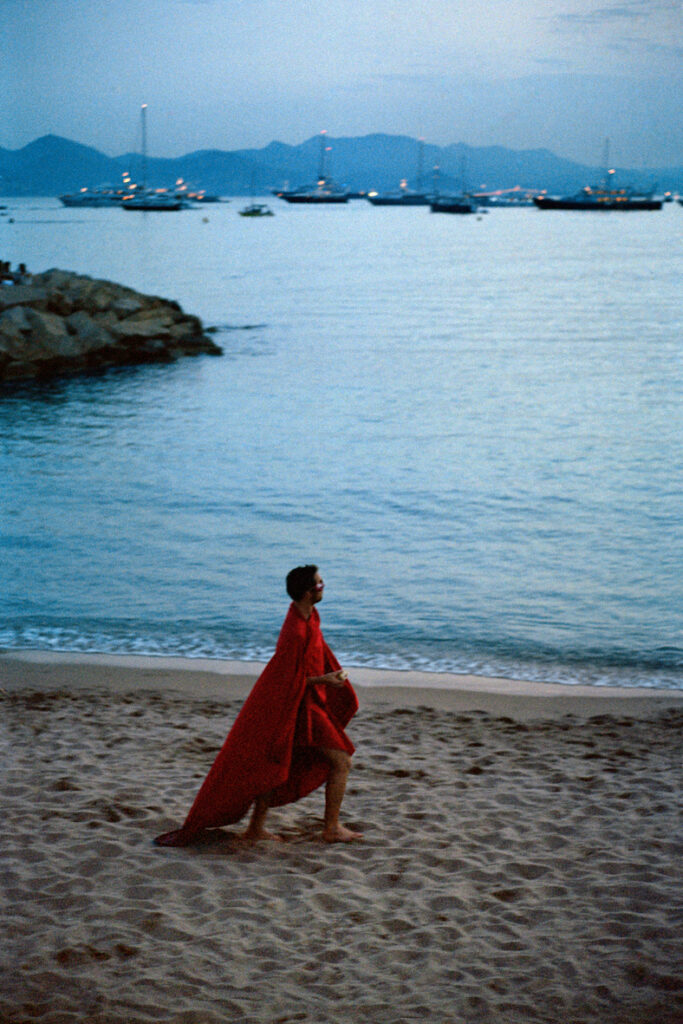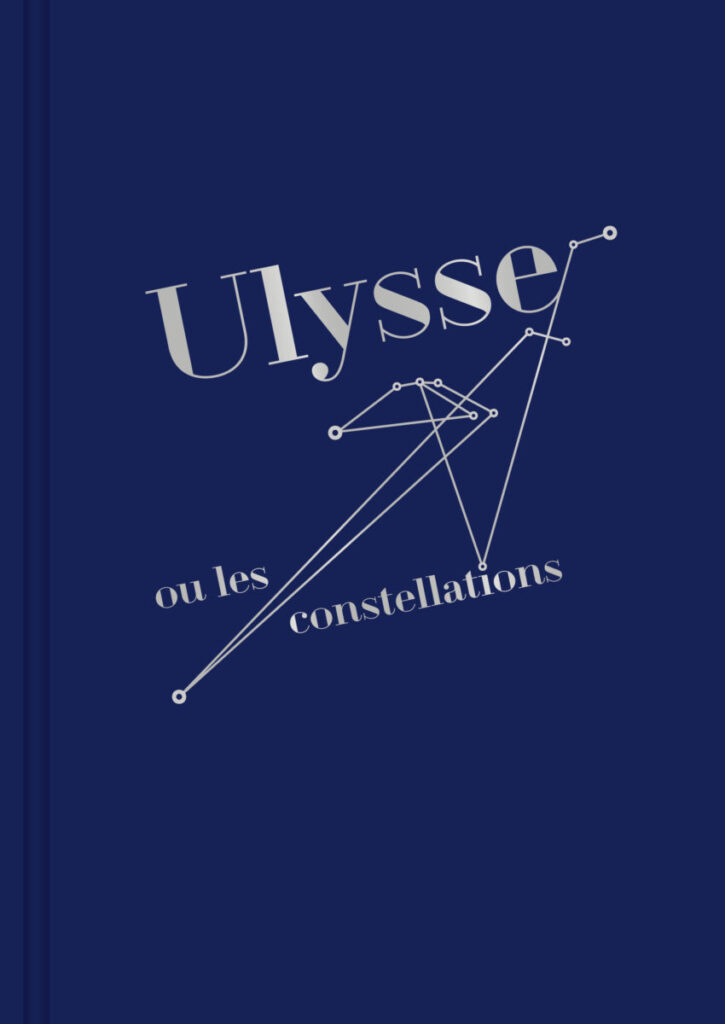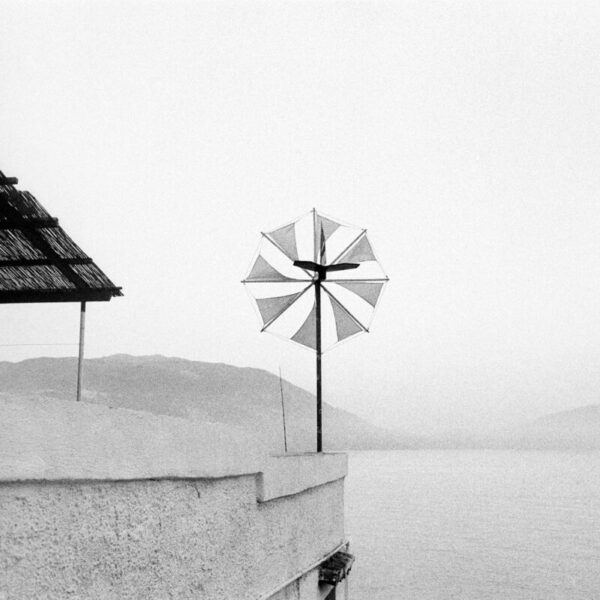A lifestyle, how to tame it? How to characterize it without ever confining it, enclosing it in categories, values, or clichés that freeze it? That would make it lose its very reason for being, which is to be in life, in a way of consenting to becoming. As Montaigne would say: "I do not paint being, I paint the passage."
To seek a lifestyle or lifestyles, Mediterranean style, is not a way to reconnect with the ancient references of Mediterranean anthropology: honor, siesta, close marriage, machismo, virility… The Mediterranean studies[1] have evolved since then and have managed to surpass these notions or categories placed outside of time and history. These are life trajectories that make sense today; they escape the fixed forms of knowledge that attempt to characterize them once and for all.
This is an invitation to follow a transversal, moving thought, in the quest for one or more lifestyles, Mediterranean style. A contextual thought playing with the interactions of history and other competing lifestyles that assert themselves and sometimes confront each other. During the time of Ottoman cosmopolitanism, for example, in Istanbul/Constantinople, one would readily oppose a style à la franca to a style à la turca, with all imaginable gradations between the two.
The invention of the everyday
Let us embark on the search for "The invention of the everyday"[2]. There is a constantly vibrant source for questioning a lifestyle in its generality, and a Mediterranean lifestyle in particular. The ways of eating give us a masterful expression of this. This is notably the case through the widely globalized diffusion of a Mediterranean diet, whose beneficial effects on health, particularly against obesity, have now become explicit. But beyond this Mediterranean diet, which is merely a label on an international scale, there are gestures that meet and reconnect to invent a Mediterranean cuisine, closely related to what is produced, in a form of short circuit, organic agriculture, natural, relying on the land, on nature, which is not a return to the land, inscribed in a unique identity, but rather a way to combine a soil and a world, a local terroir and flavors from elsewhere – to create Mediterranean cuisines of the 21st century. A crossing of culinary borders well illustrated by calantica or panelles, recounted here by Mayalen Zubilaga.
A Mediterranean lifestyle of the 21st century is inscribed in the historical context that is ours, that of a profound change of era, in climatic terms, of which humanity is both an actor and fully responsible: the Anthropocene. This Mediterranean lifestyle is not a mere fashion phenomenon, ephemeral or even disposable. It distinguishes itself from what is called a lifestyle, which one changes as easily as a T-shirt. A lifestyle indeed responds to a form of anchoring, regularity, deep values that are found, even if they are never fixed, outside of time and history.
A war of styles
Thus, when George Bush declared at the Rio Conference in 1992 on sustainable development: "American way of life is not negotiable," he highlighted a cultural anchoring and an American strategic priority. A way of life, a lifestyle that American political leaders, from George Bush yesterday to Donald Trump even more today, are ready to defend tooth and nail in the name of their values, regardless of the impact this may have on global warming and the future of our planet. There is thus a profound political resonance linked to the question of choice, respect, or defense of a lifestyle.
A war of styles is at work in our time, and it would be wise not to underestimate the extent of such debates, such struggles. This touches both the symbolic field, the universe of values, and the economic level, the defense of a model of consumption and production on an international scale. A war of styles, particularly between an American way of life, a Chinese way of life, or an Islamic way of life, to take up imperial logics or transnational forms that have an impact on a global scale.

How to characterize this Mediterranean lifestyle?
A Mediterranean way of life, a lifestyle, Mediterranean style, which is itself plural and composite, is undoubtedly an alternative to the world as it is going, a detour that does not obey a political logic of empire, even if it asserts itself and unfolds in competition or even opposition with other lifestyles. Let us not forget, style is indeed the "mark of the human on everything," as Paul Valéry would say…
How to characterize this Mediterranean lifestyle? It begins by being narrated. The Mediterranean exists only to the extent that it tells its stories. Our Mediterranean imagination is indeed composed of all these stories that make us who we are, from The Iliad and The Odyssey of Homer, the Metamorphoses of Ovid, or the One Thousand and One Nights, and up to contemporary stories, poems, and novels that give a face to the Mediterranean of the 21st century.
These stories compose the fabric of our dreams, but there are also musics that make us hear the world differently. They cross borders and circulate, from shore to shore, from port to port, sound cargoes that weigh our listening with a subtle and plural material and lead us into a world, into a rhythm, made of musical alloys.
Stories, sound universes, but also cinematic images and plastic imaginations. Does all this sketch a Mediterranean lifestyle? It is still in outlines; it is a story in the making, a search that neither abolishes nor concludes in a definitive formula. It finds at least a face or a figure in this open circle towards the elsewhere traced by the Mediterranean of the 21st century.
A community of images can, for example, be established in the gaze of photographers, creating their own world from their journeys. There is a visual material through which a Mediterranean lifestyle is embodied. It is one of the ways to give it one or more faces, to find oneself, from place to place, fragments of sensitive landscapes or human adventures that compose a world and nourish a visual imagination through photography. This imagination could also be cinematic – so many gestures of a lifestyle are indeed inspired by sequences from films that bring to life "mythologies" and transform our relationship to the everyday. In this regard, the imprint of American cinema on our lifestyles and consumption models is hardly in doubt. Do we have any idea of what can emerge from cinema, or Mediterranean cinemas?
Everyday culture, everyday objects, tables, chairs, lamps, cups, dishes, or teapots, taps or lanterns, made for example by a contemporary designer like Zouhair Ben Jannet, recounted here by Sana Tamzini, gives an idea of what is taking shape and can be accomplished around the Mediterranean.
Exploring one or more lifestyles, Mediterranean style, is a just and beautiful way to show that the Mediterranean is not a dead star, that it is not doomed to become a new marine cemetery. It continues to create, again and again, works, meaning, and life.
[1] See The Dictionary of the Mediterranean, edited by Dionigi Albera, Maryline Crivello, and Mohamed Tozy, Actes-Sud/MMSH, 2016.
[2] Michel de Certeau, The invention of the everyday, 10/18, 1980.

"Ulysses or the constellations," éditions le Bec en l’air, 2013, With the friendly complicity of Franck Pourcel
Cover photo © Franck Pourcel
